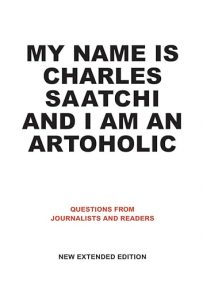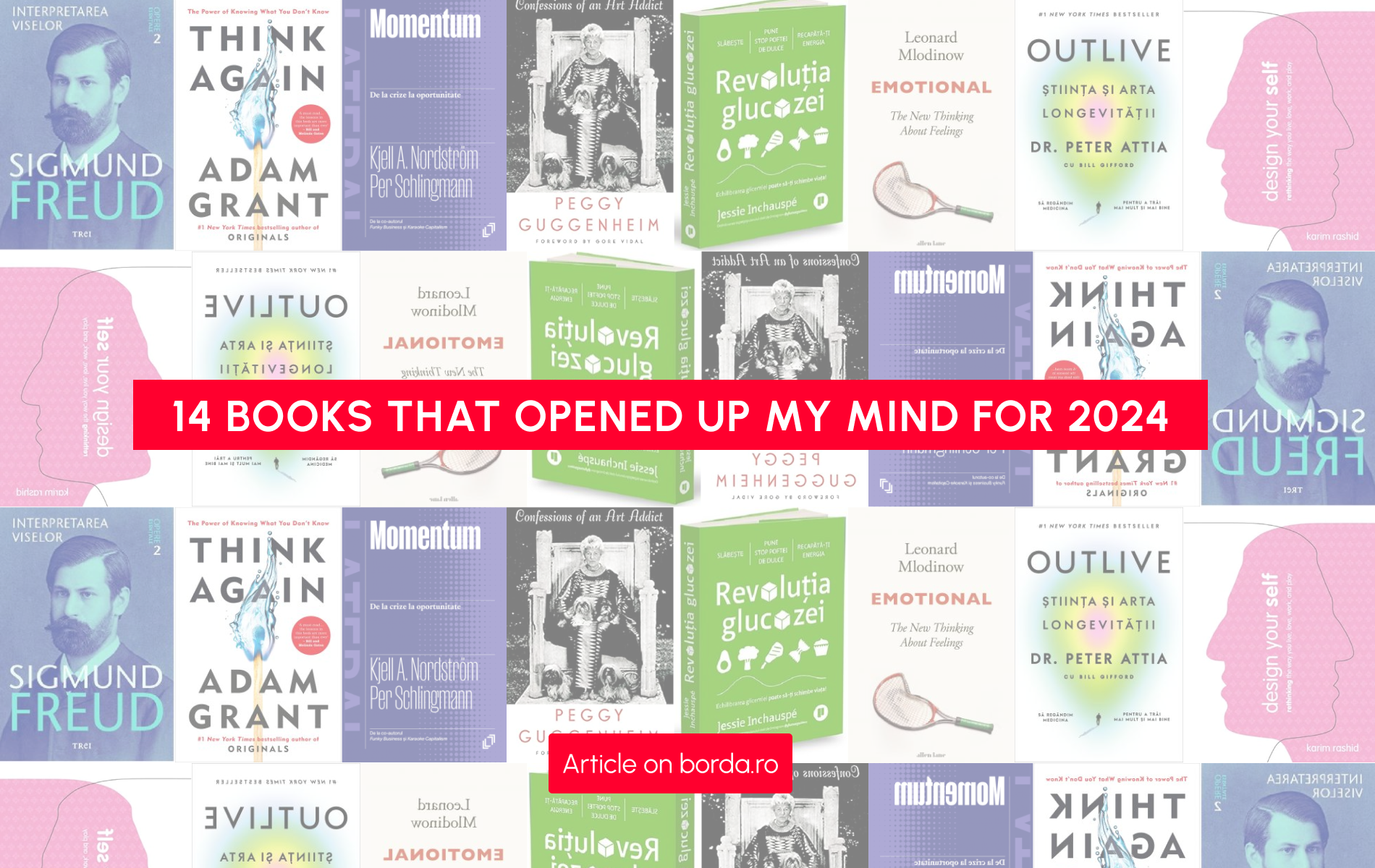
One of the ways to track your progress is a retrospective exercise to acknowledge what you’ve learned in a year and what experiences contributed to making you a better person.
There are so many things that play a role in your continuous construction of identity. Nobody is self-made – we all are the sum of all the things that contribute to our identities and beliefs, daily:
- The people you look up to influence your beliefs & habits.
- The experiences you have, change how you evaluate the world.
- The books, podcasts & documentaries you consume change how you think.
- The movies you watch improve your empathy & help you understand certain life situations without having to live them yourself.
- The music you listen to influences your moods.
- The places you visit change how you decode the world.
- The habits you pursue today shape who you become tomorrow.
Doing this exercise myself, I’ve written down a list of books that opened up my mind for 2024. Here they are:
1) Think Again by Adam Grant – brings a new perspective on being flexible with what we know, better acknowledging cognitive biases we might have, and staying open-minded to challenging our beliefs.
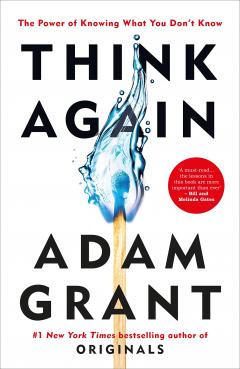
2) The Glucose Revolution by Jessie Inchauspe – The best book regarding longevity & health. It was so good I read it in 2 days. Captivating, on point, and game-changing when it comes to our eating behaviors and the impact that glucose spikes have on our health and aging.
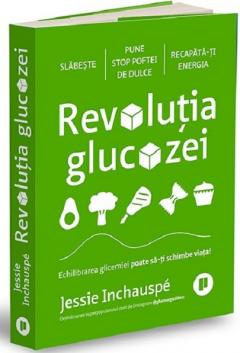
3) Confessions of an art addict by Peggy Guggenheim. A light read, captivating for those who look to understand more about the great years of contemporary art and what a significant role, Peggy Guggenheim played in bringing some of the most appreciated contemporary American artists to Europe.
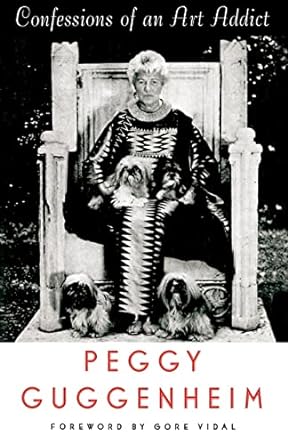
4) Momentum by Kjell Nordstrom – brings an edgy perspective on how COVID-19, the economic crisis, and the current geopolitical tensions have a critical role in how the next decade of changes might look like. 15-minute cities of the future, Hollywood effect explained & more on new social dynamics that change the way we work.
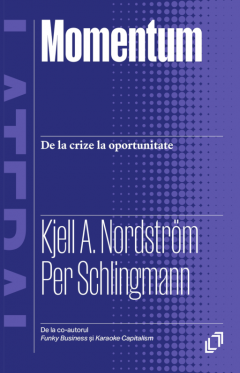
5) The Interpretation of Dreams by Sigmund Freud. What are the most common dreams and why do we have them? What does a dream about death mean? What do dreams of swimming, failing, or flying symbolize?
The book is a brief beginning on psychological studies & what our brains are trying to tell us while we sleep. It’s important to keep in mind that the subjectivity in the book is given by the lack of proper technology to measure brain waves and other functions which could give Freud’s study a more scientific tone.
At the end of the day, it’s called – The interpretation of dreams, and on top of that it’s the subjective layer that each person applies based on their life experiences. However – what Freud is teaching us is more of a way to think about your dreams when you try to decode them.
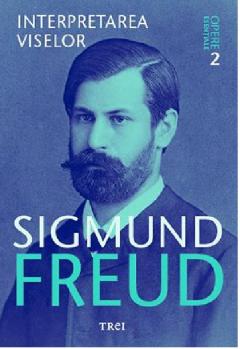
6) Who is afraid of Contemporary Art by Jessica Cerasi, Kyung An. A book that reveals how the art world functions, yet more from an operational standpoint. We can say it’s a brief dictionary that explains the art ecosystem in a universal language.
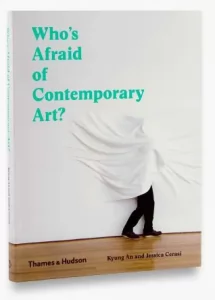
7) Outlive by Peter Attila. A book about longevity, and habits that make us live healthier and more balanced – all presented in a framework that correlates them to quantitative studies and their relativity.
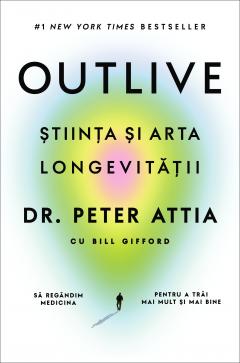
8) What is culture for? by School of Life – A brief approach (Alain de Botton’s style of storytelling) on how culture has a mark on all the areas of our lives: pursuits, identity, relationships & more.
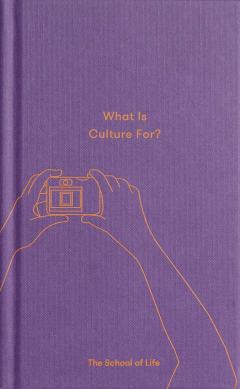
9) Emotional – The new thinking about feeling Leonard Mlodinow. A book about how to better understand our emotions, what triggers them, and how to address them more maturely, instead of reacting to them.
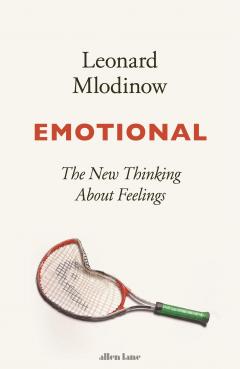
10) I am afraid to paint by Ecaterina Vrana – More of a biography of contemporary artist Ecaterina Vrana. It’s a great read if you want to dive inside the mind of an artist to have a better understanding of the struggles, motivations and the emotions of an artist in different moments of their lives.
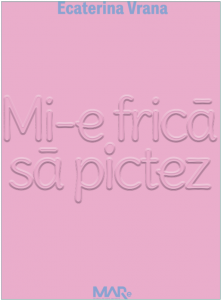
11) Ikigai by Héctor García. Another one on longevity and living a more balanced life. With a more philosophical approach than Peter Attia’s Outlive, Ikigai presents you with a bird’s eye view of the lives and habits of those who crossed the border of 100 in years lived.
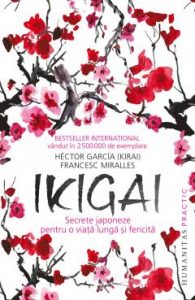
12) Design yourself: Rethinking the way you live, love & think Karim Rashid. The name explains the content of the book. A perspective on living life in a more creative way – seen through the eyes of a famous industrial designer.
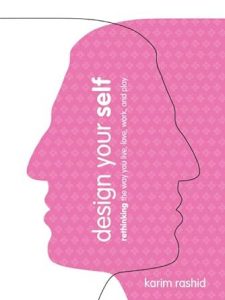
13) The art of thinking by Rolf Dobelli – is a brilliant book about cognitive biases and errors we all make in our day-to-day thinking. The book is not just a good read but has also a great storytelling structure that makes you better understand the insight of each chapter through real-life stories and happenings you could easily relate to.
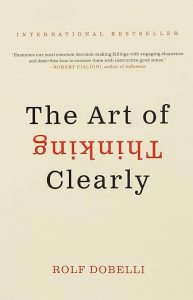
14) My name is Charles Saatchi and I am an artoholic by Charles Saatchi is a juicy collection of questions from journalists & readers that captures the view on life, art & doing business of the Saatchi & Saatchi advertising agency founder.
